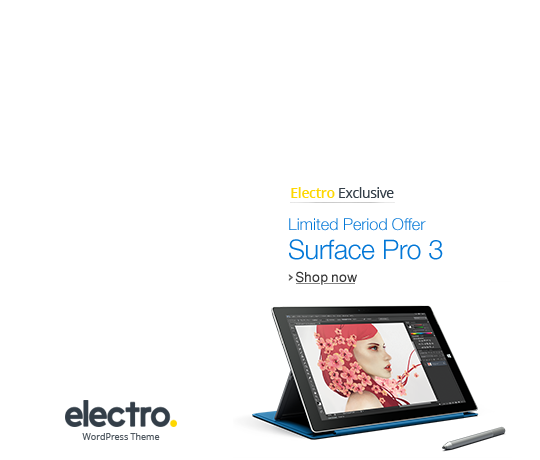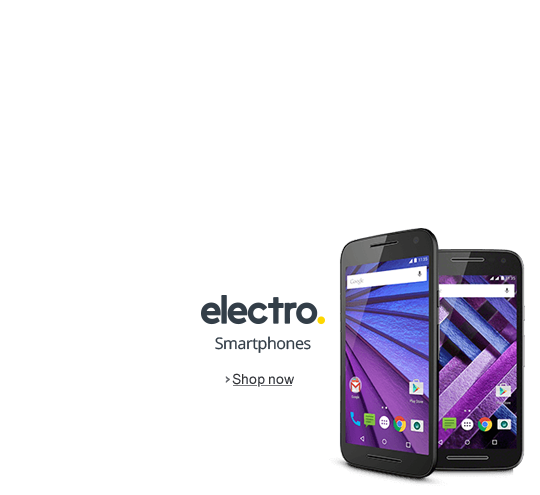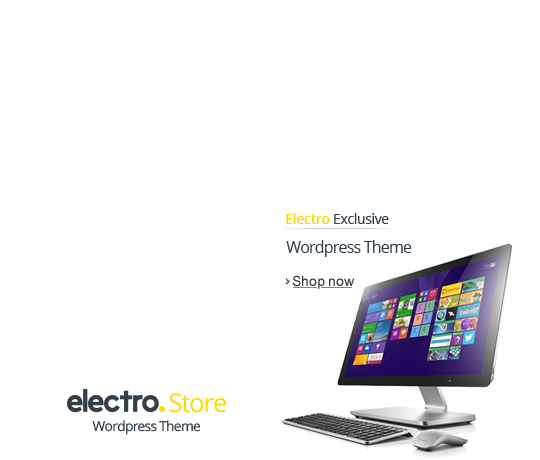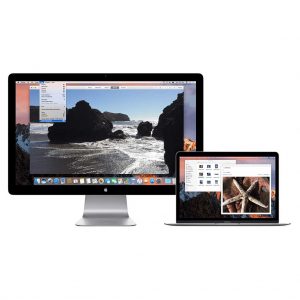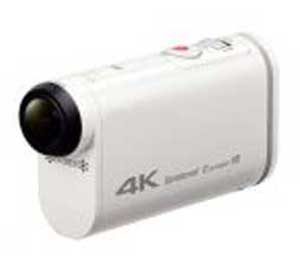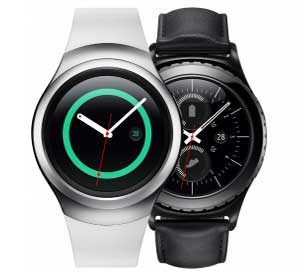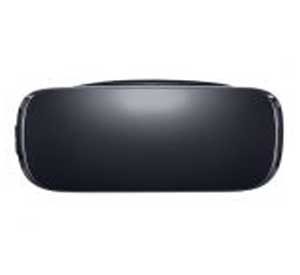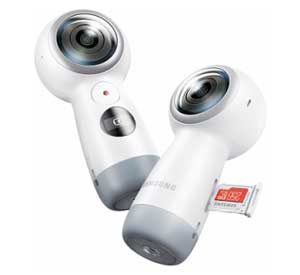Smart technologies for traffic are a delicately woven network of processes that assist transport personnel, drivers, and commuters manage the flow and efficiency of traffic. Intelligent traffic systems can adjust the control mechanisms, such as traffic lights and onramp meters for freeways as well as bus rapid transit lanes. They also employ advanced IoT hardware and routers with cellular technology, as well technologytraffic.com/2020/05/21/the-benefits-of-using-modern-traffic-technologies-by-data-room as mobile networks. They also can forecast changes in traffic demand and provide real-time data to road users.
An excellent example is the adaptive traffic signal system in Pittsburgh. When Carnegie Mellon University (CMU) professor Stephen Smith installed his first few experimental traffic signals in a heavily congested area of the city’s East Liberty, he saw immediate results: Drivers traveled 25 percent more efficiently and spent 40 percent less time in traffic jams than before.
The system collects data from sensors that monitor the flow of traffic and altering their timings in real-time and also detecting pedestrians at intersections, and giving them time to safely cross the street. The sensors then send their raw data to a central location where it is processed by artificial Intelligence and then dispatched back out to the intersections using 5G-enabled cell networks.
These systems can provide better and more accurate simulation of scenarios that minimize risks, which humans cannot attain. And all of this is in real-time. This is a significant step towards Vision Zero, the goal of a road with no accidents where humans and vehicles are able to travel together without collision.

